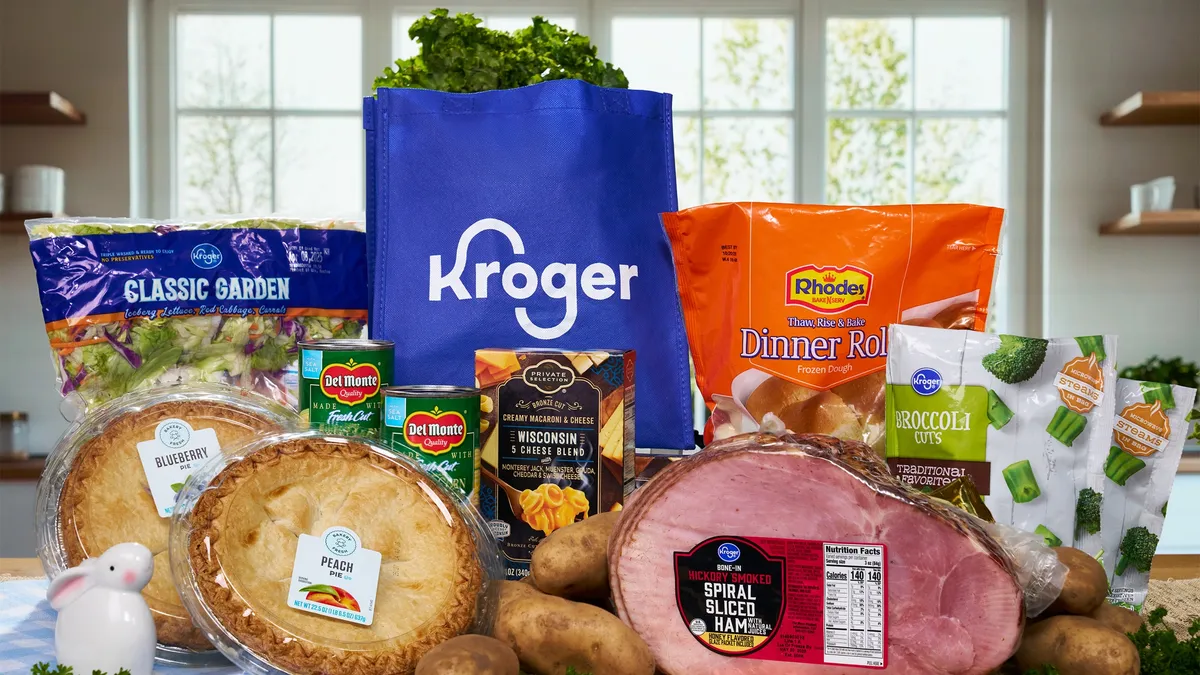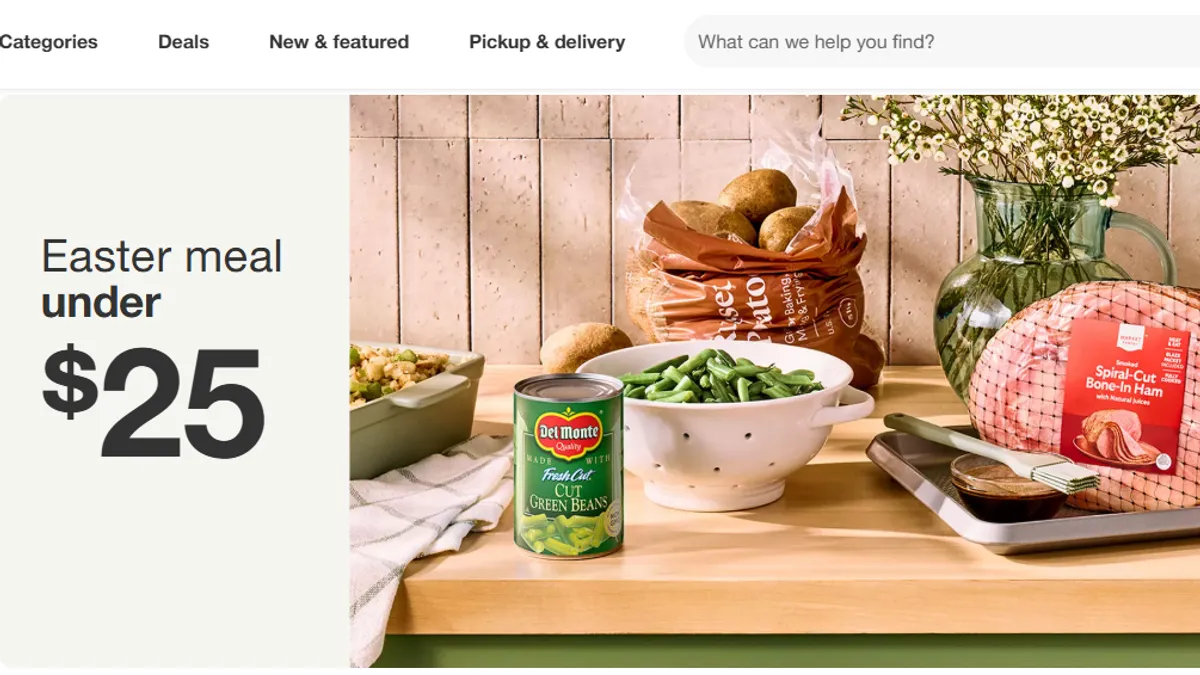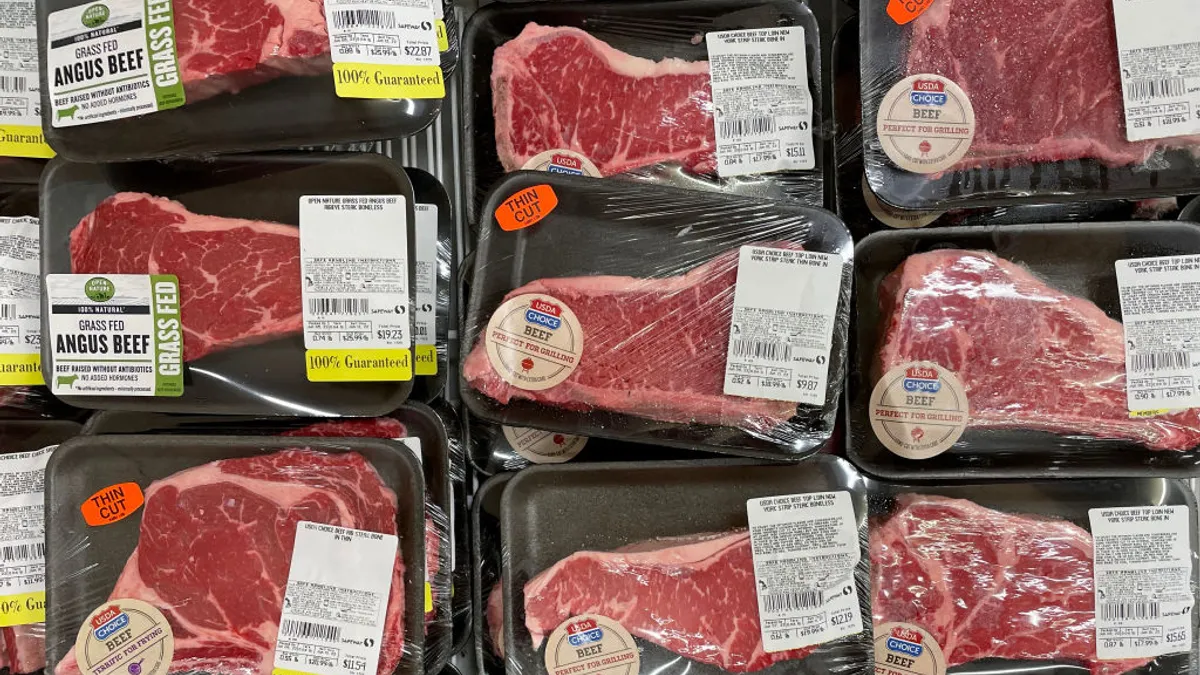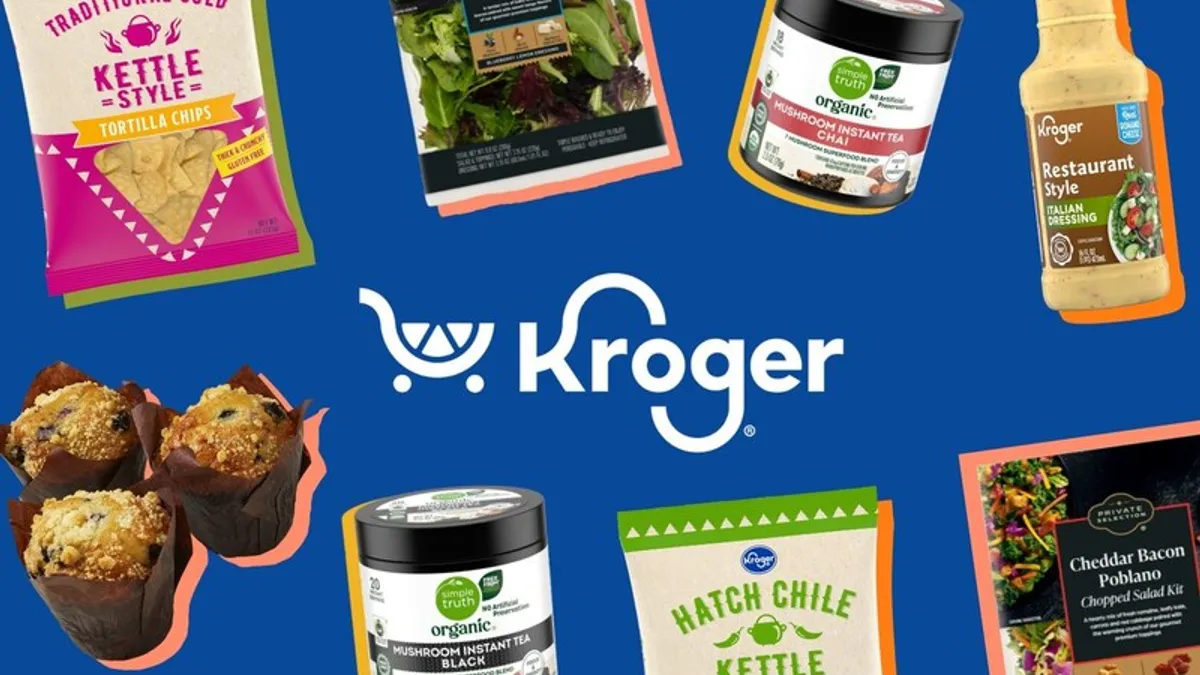The Friday Checkout is a weekly column providing more insight on the news, rounding up the announcements you may have missed and sharing what’s to come.
As fear that tariffs will make a trip to the grocery store more expensive continues to drive headlines, could the threat of higher prices stemming from government-imposed fees on imported goods turn out to be a competitive tool for retailers?
At least one regional grocery chain seems to think so. The Save Mart Companies announced Thursday that it plans to slash prices on more than 4,000 essential goods in an initiative aimed at “redefining value in grocery shopping.” The company, which runs hundreds of supermarkets in California and Nevada, said it tapped into its own funds and worked with suppliers to enable the cuts, adding that the reductions aren’t “just another sale or fleeting promotion.”
“As families across the nation are grappling with inflation and economic uncertainty, we knew it was time to act,” Save Mart President Jim Perkins said in a statement. “Shoppers deserve a break, and this aggressive campaign is designed to bring affordability back to the table.”
Walmart has also signaled that it intends to hold the line on prices as it gears up to weather higher costs, even if that crimps its profits. Last week, the megaretailer cast aside its projections for first-quarter operating income because it wants the freedom “to invest in price as tariffs are implemented” — and indicated that it has learned from experience that proactive responses to economic uncertainty ultimately pay off for its business.
The potential for tariff-driven inflation to compound the cost increases customers and retailers have grappled with over the past few years is hardly an attractive prospect for grocers. But for retailers with the determination and resources to insulate people from higher prices, there is major potential to build long-term shopper loyalty.
In case you missed it
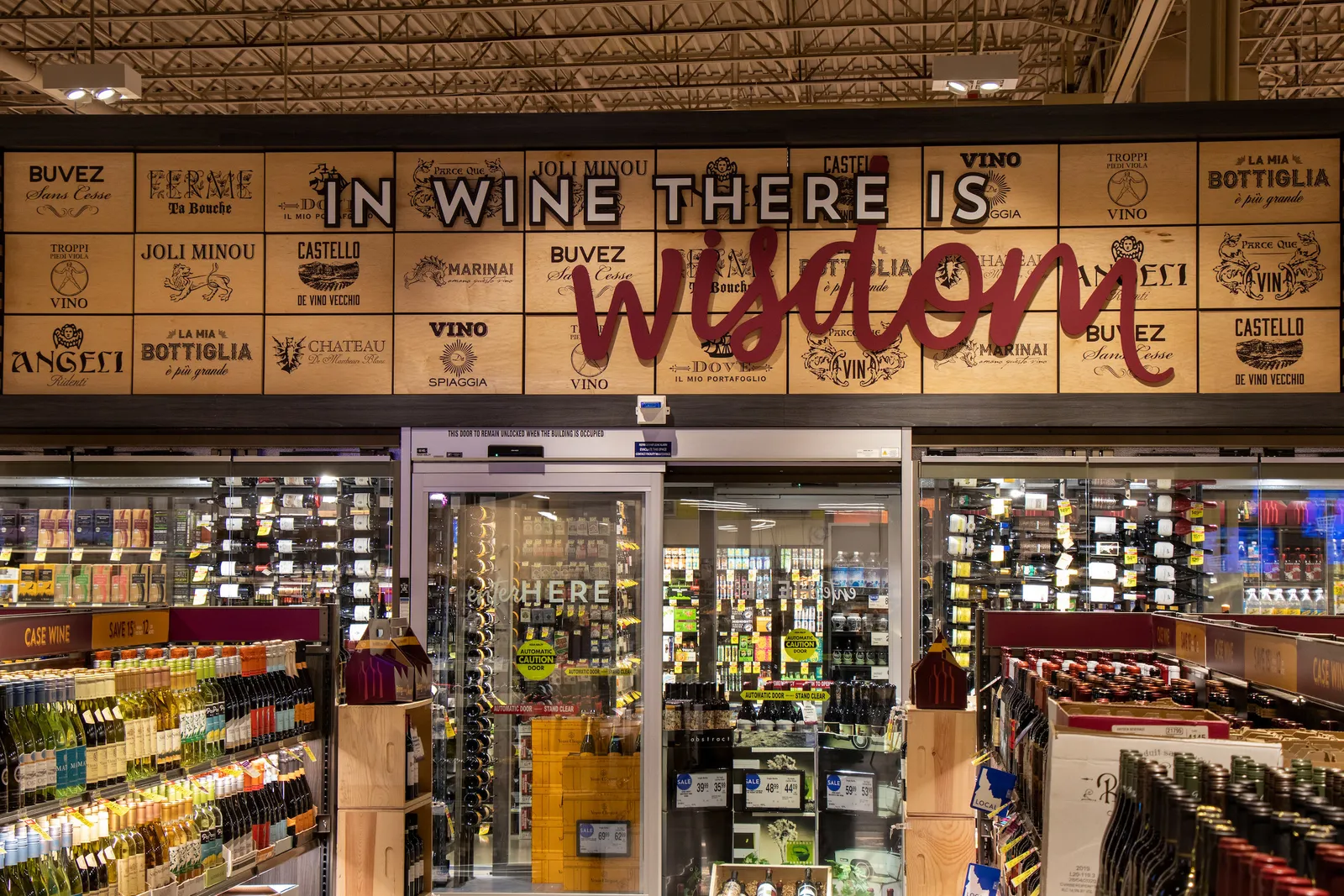
Albertsons joins wine industry organization
The grocer officially joined the Wine Market Council, making it the first-ever retailer to join an organization made up primarily of wineries, according to an emailed announcement.
Albertsons’ Master of Wine and Group Vice President of Alcohol Curtis Mann has also joined the council’s board in an effort to “bridge the gap between producers and retailers, shaping the future of wine sales with a data-driven approach.”
Independent grocers group seeks help to lower grocery prices
In an interview with CNN on Saturday, IGA CEO John Ross asked for food producers, farmers and retailers to be involved in the Trump administration’s conversation on how to lower grocery prices.
“[S]o the big question here is, ‘How do we think about policies that can lower the cost of groceries versus ones that would likely increase those costs?’ And in order to figure out how you lower the cost, actually reduce costs, you have to get inside the supply chain,” Ross said. “And simplistic answers don’t often get there, so you’ve got to look at the cost of transportation, the cost of labor … the cost of energy,” and the cost of transportation.
Support your local vineyard
A new bill introduced by a New York state legislation, would give grocers the green light to sell wine in stores. The catch: it would only allow them to sell wines produced in the state.
Sen. George Borello, the representative behind the bill, said the proposal is meant to support family farms and local vintners as well as grow the state’s wine industry, according to a Wednesday press release from the senator. Borello addressed concerns surrounding the bill, stating that the “targeted approach” would make sure grocery sales expand in a way that supports local agriculture without hurting small local wine and liquor shops.
Impulse find
Egging the White House
Egg prices have been emblematic of high grocery costs for months now, and with the Easter holiday fast approaching, grocers and consumers alike are still feeling the pinch. A number of grocers’ offerings for the holiday don’t include eggs, while videos showing people dyeing marshmallows and potatoes instead of eggs to cut corners have drawn thousands of views on social media.
President Donald Trump, however, does not seem to be feeling the same strain as his constituents as he has insisted the annual White House Easter egg festivities include the use of real eggs — around 30,000 of them.
“They were saying that for Easter ‘please don’t use eggs. Could you use plastic eggs?’ I say we don’t want to do that,” Trump said earlier this month, NBC News reported.
So, the White House’s annual Easter Egg Roll, scheduled for Monday, will feature thousands of real eggs for guests to decorate and use in games. The American Egg Board, which has supplied the eggs in the past, is doing so again this year, according to NBC News.










